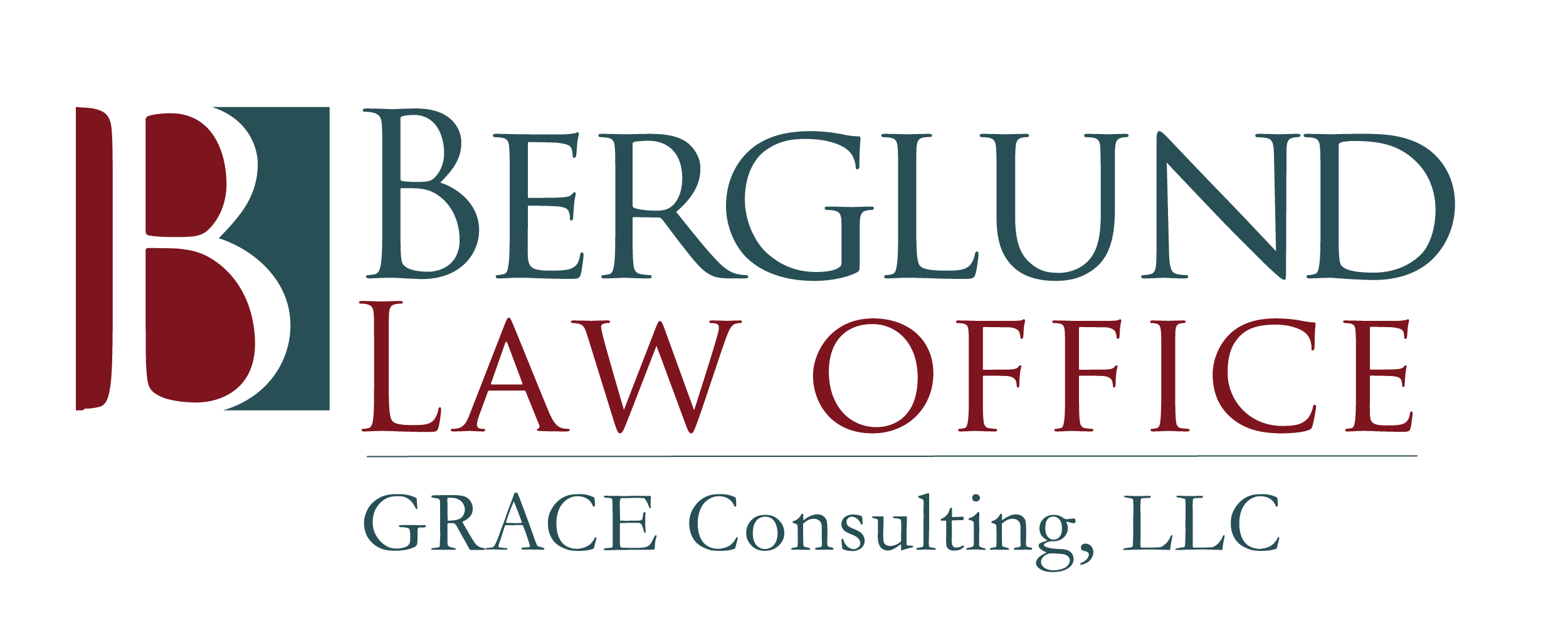
- Reverse financing is not “free”. Reverse mortgages have significant costs that include lender fees, FHA insurance charges, closing costs, etc. These costs can be added to the loan balance. However, that means the borrower has more debt and less equity.
- Interest rates. HECMs are structured so that both adjustable-rate and fixed-rate financing options are available. If you want fixed-rate financing, the amount of equity you can access will be smaller than a reverse mortgage with adjustable-rate interest.
- Your equity decreases over time. Because you are borrowing against the equity in your home, if you refrain from making payments over the years you will continually decrease your equity and increase the amount of debt owed to your lender.
- You may “outlive” the proceeds you receive. Depending on the type of loan you choose and your monthly expenses, you may “outlive” your proceeds.
- Your heirs may face significant costs. Your heirs will have several options to enable them to keep your home after you pass away, but you may not be able to pass on the home to your heirs without costs to them.
- Program violations. A reverse mortgage may cause borrowers to violate asset restrictions for the Medicaid and Supplemental Security Income (SSI) programs.
- Your loan can be foreclosed. Reverse mortgages do not have required monthly payments for principal and interest. Your loan may, however, come due before the term expires for a number of reasons. For example, the loan must be for your primary residence. If you do not live in the home for more than 6 months, the loan could come due. Reverse mortgages always come due if you move out of the home or pass away, or if you fail to uphold your responsibilities such as maintaining the home and paying your property taxes, homeowners insurance premiums or HOA fees on time.
- Status changes. Reverse mortgages can get complicated. If the borrower goes to a long-term care facility, are they still considered a resident in the home? If a borrower marries after obtaining a reverse mortgage must a spouse move out of the property if the borrower dies? In cases such as this, seek the advice of an experienced elder law attorney.
